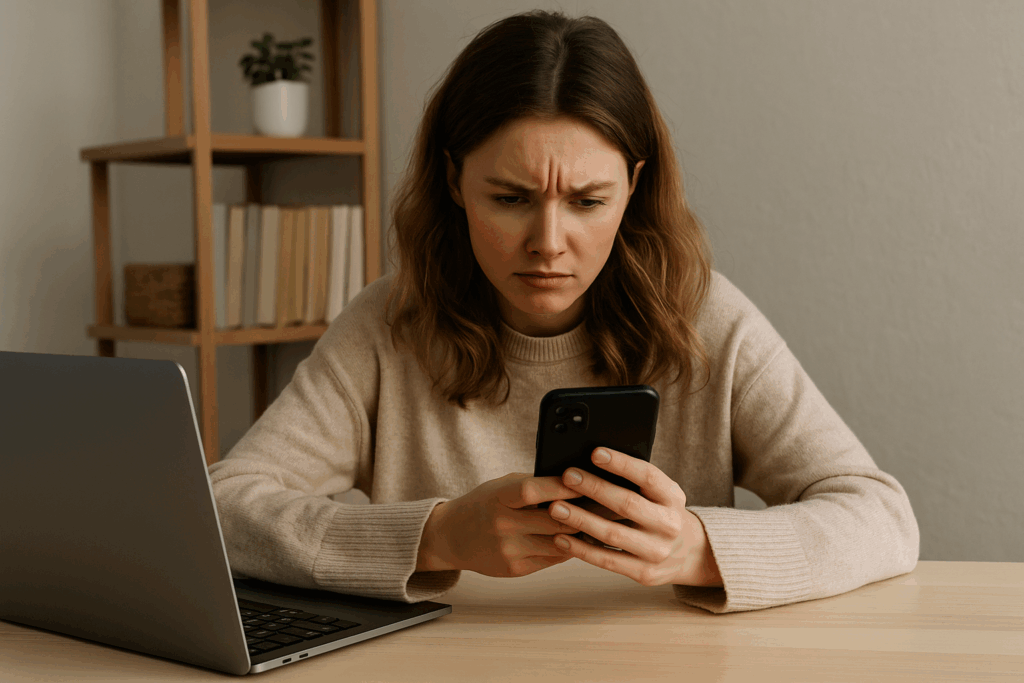The Rise and Fall of Internet Celebrities

In the age of social media, becoming famous no longer requires a Hollywood contract or a record deal. A single viral video or a well-timed tweet can catapult an ordinary person to internet stardom overnight. Platforms like TikTok, YouTube, and Instagram have created a new breed of celebrity—one built not on traditional talent, but on relatability, trend-savviness, and constant engagement.
However, internet fame is often as fleeting as it is explosive. Many influencers rise quickly, only to fall just as fast. In some cases, their downfall is triggered by past behavior coming to light—offensive jokes, problematic opinions, or controversial partnerships. In others, they lose public favor simply because audiences move on, tired of seeing the same content or suspicious of overly polished “authenticity.”
The phenomenon of cancel culture plays a significant role in these downfalls. When an influencer is seen to cross a moral or social line, online communities may rally to “cancel” them—demanding apologies, boycotts, or even removal from platforms. While some view this as a way to hold public figures accountable, others see it as a modern-day witch hunt that offers little room for growth or forgiveness.
Public backlash can be swift and unforgiving. Influencers who once had millions of followers can quickly find themselves deplatformed, dropped by sponsors, or buried under waves of negative press. In this high-stakes environment, maintaining a public persona requires not only constant content creation but also flawless personal conduct—an almost impossible standard.
Still, not all influencers disappear after controversy. Some rebrand, apologize, or take extended breaks before returning to rebuild their image. In this way, the internet’s memory can be surprisingly short—provided the individual demonstrates what audiences perceive as genuine reflection or change.
Ultimately, the rise and fall of internet celebrities reflects broader cultural questions: Who deserves influence? What should we forgive? And how do we balance freedom of expression with social responsibility in the digital age?
Comprehension Questions
- What factors contribute to the rise of internet celebrities according to the article?
(Look for how social media platforms and audience preferences play a role.) - Why is online fame described as “fleeting” in the article?
(Explain what makes internet fame different from traditional fame.) - What does the article say about the role of public behavior and accountability in influencer culture?
(Summarize how missteps affect online personalities.) - How does the article define “cancel culture,” and what triggers it?
(Use examples or paraphrase from the text.) - What kinds of backlash do internet celebrities face when they’re “cancelled”?
(Identify some specific consequences mentioned.) - According to the article, how do some influencers recover from public controversy?
(Describe the strategies or traits that help them rebuild their image.) - How does the audience participate in shaping or dismantling an influencer’s reputation?
(Think about the role of likes, shares, and comments.) - What is meant by a “curated online persona,” and how does it contribute to public criticism?
(Explain how this contrasts with authenticity.) - Do you think the author views cancel culture as entirely negative, positive, or somewhere in between? Support your answer.
(Look at tone, language, and balance of viewpoints.) - In your opinion, what makes an influencer trustworthy or authentic? How do you personally decide who to follow online?
(Apply the article to your own digital experience.)
